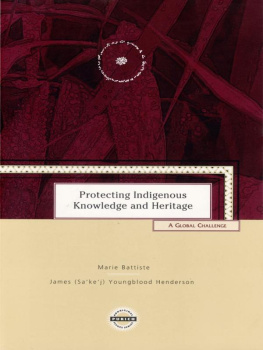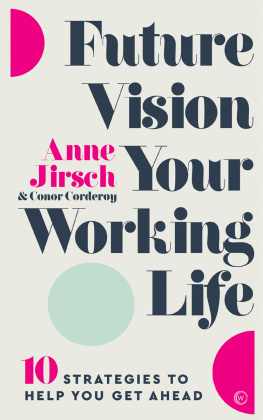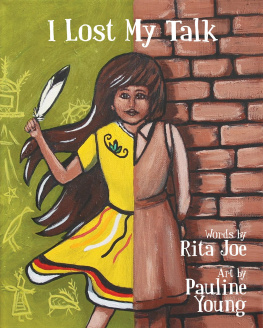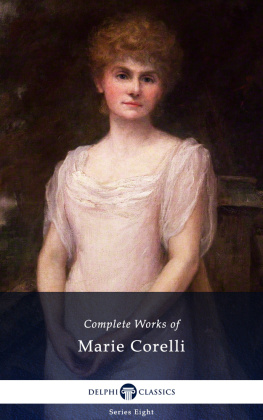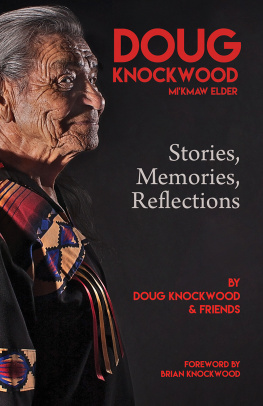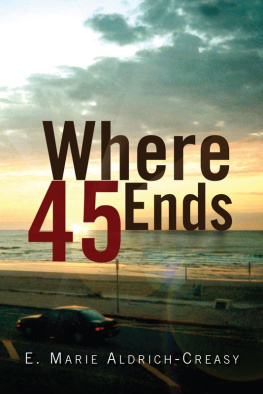Copyright 2016 Cape Breton University Press
All rights reserved. No part of this work may be reproduced or used in any form or by any means, electronic or mechanical, including photocopying, recording or any information storage or retrieval system, without the prior written permission of the publisher. Cape Breton University Press recognizes fair dealing uses under the Copyright Act (Canada). Responsibility for the research and permissions obtained for this publication rests with the authors.
The editor and contributors wish to thank the many contributions and funding provided to make this book possible, including the Social Sciences and Humanities Research Council of Canada through the Animating Mikmaw Humanities Project, Mikmaw Kinamatnewey and Unamaki College of Cape Breton University.
Cover Image: Quill box by Caroline Gould, courtesy the Beaton Institute, Cape Breton University.
Cover design: Cathy MacLean Design, Chticamp, NS.
Layout: Mike Hunter, West Bay and Sydney, NS.
First printed in Canada.
eBook: tikaebooks.com
Library and Archives Canada Cataloguing in Publication
Visioning a Mikmaw humanities : indigenizing the academy / Marie Battiste, editor.
Includes bibliographical references and index.
Issued in print and electronic formats.
ISBN 978-1-77206-057-7 (softcover).
--ISBN 978-1-77206-058-4 (PDF). --ISBN 978-1-77206-059-1 (EPUB).--ISBN 978-1-77206-060-7
(Kindle)
1. Micmac Indians--Study and teaching (Higher)--Canada. 2. Humanities--Study and teaching (Higher)--Canada. I. Battiste, Marie, 1949-, editor
E99.M6V57 2017 971.500497343 C2017-900707-6
C2017-900708-4
Cape Breton University Press
PO Box 5300
Sydney, Nova Scotia B1P 6L2 Canada
Distribution and Sales:
Nimbus Publishing
3731 MacKintosh St
Halifax, Nova Scotia B3K 5A5 Canada
Marie Battiste
Preface
Mikmaw Humanities: Dreamed and Storied
Coming into Cape Breton, Nova Scotia, over the Bras dOr Lakes from Saskatoon, Saskatchewan, my research partner and colleague Lynne Bell asks me about feelings about coming home. Immediately my mind and heart rumble through the huge storehouse of my own personal and collective consciousness. Where does home start? Was it in the airport of Halifax or in the air over Cape Breton that I begin to get those nostalgic feelings about being home, a home whose reach was now far greater than the reserve of Potlotek that my parents called home. It was much more than Eskasoni where Alex Denny built us a house next to his, generously inviting us to live on his land, to suggest that I was part of his family who he would guide over time like his own family. I had just come home from Stanford, California, finishing my doctorate degree and travelling to Canada to think about where I would work. He must have known that to go and get me in California would give him about a week to talk me into staying in Cape Bretonto make the vision of bilingual bicultural education my action project for more than twenty years.
Still, there was much to consider about home. Home. Was it the land that was rich with the stories of my father and mother who travelled from one place to another, pointing to one landmark after another telling me about how it came to be a memory and a story to be told and retold until it landed fully in my memory? Each of their stories had the same punch line or the same funny, or sad, ending. Both were great storytellers, although Mom could remember far more detail. Dad and Mom liked to tell stories of their homeland, some not so happy like when my dad drove off the road and into the ditch and my mother was in the hospital for many weeks after, or other sad memories that held a place in the history of the Mikmaq that should be remain in our memory. One of those was the place on Kings Road where Mikmaq lived but were removed. The people of Sydney wanted the Mikmaw land on the shores of the harbour and created a backlash against them to get them removed in 1929 to a piece of land on the outskirts of Sydney where there was no access to the water and where only one road led in and, on entering, two signs read NO EXIT. The local papers reported that the Mikmaq had an unsightly village, dirty and unsanitary, although a local doctor said it was not unlike the rest of the town.
Home has come to have many connotations for me and to consist of many stories from many places where I have lived. These stories were littered from Maine to Boston to Nova Scotia to California and back again and then back and forth to Saskatoon. Considering where to start to answer Lynnes question, I think about the few days ahead of us that will support these stories and try judiciously to think about a shorter story.
This time my return home came with a dream to unfold. Several months after writing a proposal with a team of friends and my husband, as principal investigator I received the promised letter from the Social Science and Humanities Research Council (SSHRC) that the proposal we had written was successful, and we got the full amount requested. That night, after receiving the notice, a prophetic dream arrived just before waking so that it was vivid and memorable to relay. I had long heard that these dreams just upon waking were dreams that held some very special meaning and needed to be carefully considered.
In my dream, I was travelling alone from my very posh home that seemed to be in the suburbs of Boston, where my husband Sakej was, to visit my mother and father in Potlotek. On the way, I stopped in to visit my long-time family friends Murdena and Albert Marshall. Murdena and Albert had a little girl at their house, one who was still quite small, in diapers but walking. She was a small-framed child, looking a bit underweight. Knowing Murdenas family well, I asked Murdena who she was and Murdena said she was from a family who was not able to take care of her and that she had agreed to take her in and raise her. She was a beautiful child who I was drawn to immediately. She was not able to talk though. Murdena and Albert were quite old and Murdena seemed particularly frail and older looking. I saw that Murdena had fallen asleep, so I took care of the little girl while she got the needed extra rest. I was playing with her and saying in Mikmaq, Whos little girl are you? She looked at me and asked, Whats your name? I said Marie. She said, I am Maries little girl. I smiled with contentment with this feeling, although I knew she was not mine. While Murdena slept and Albert was distracted, I began to think that I could adopt this little girl, I could take care of her, because Sakej and I were, after all, well off. Murdena and Albert were now old and poor and she did not even have pampers. She was on her last cloth diaper and I was problem-solving, How can I get some pampers tonight? And how could I get a car seat for her if I took her home? I would need a baby car seat and then to get her across the border. And I would need her papers. I then thought of Sakej and thought he may not be happy with my taking this on, but I thought she really needs us. I was cradling her in my arms, and she fell asleep. As she slept, she started to talk clearly about her day and playing, and I marvelled at her speaking so well in Mikmaq. When Murdena woke up, I said, Listen to this, Murdena, she talks in her sleep. Murdena said, I know, she does that.




